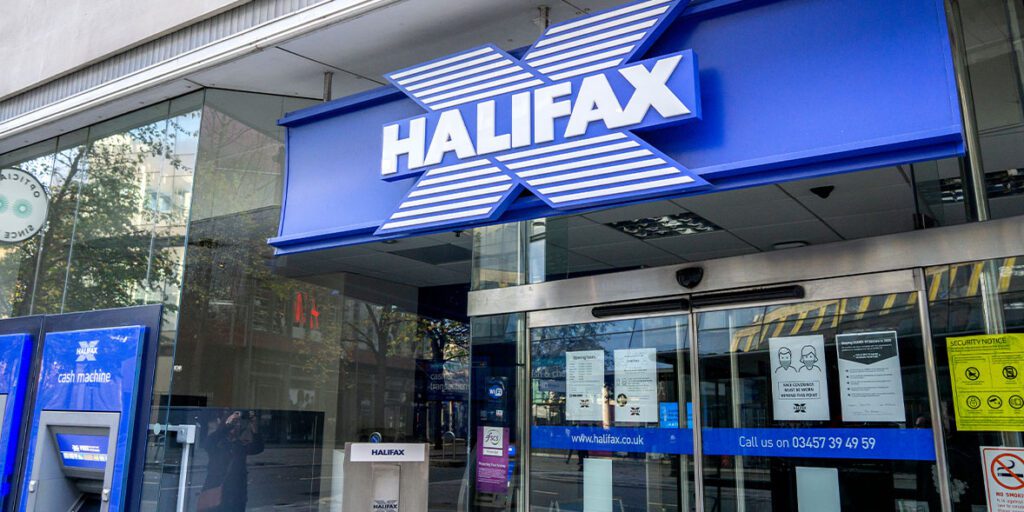Despite a slight drop in reported losses, holiday scams remain one of the most damaging types of fraud targeting UK consumers. In 2024 alone, British holidaymakers lost over £11 million to travel-related scams. That’s less than the £12.3 million reported in 2023, but the average loss per victim barely shifted—from £1,851 to £1,844.
These figures tell a clear story: scammers are becoming more selective but no less effective. And they’re not just targeting the careless or naive—they’re targeting anyone booking a break, searching for deals, or simply looking forward to a change of scenery.
The scams themselves haven’t changed much. It’s the way they’re dressed up that’s evolving. Fake accommodation listings still dominate the holiday fraud landscape. Entire families arrive at holiday homes that don’t exist or find them double-booked. They’re left stranded, their money gone, with no legal protection. What’s changed is the presentation—professional-looking websites, cloned branding, and even fake Trustpilot reviews make it all look legitimate.
In other cases, scammers create fake versions of real travel websites. One wrong letter in the URL, and you’re handing your payment details over to a fraudster. These sites often appear high up in search results, too, especially around peak holiday booking periods. It’s not just social media that hosts the problem—fraud has embedded itself in the platforms people trust the most.
The Psychology Behind It
Booking a holiday isn’t a logical process. It’s emotional. People picture the beach, the view from the villa, the quiet mornings and warm evenings. That excitement dulls their instinct to check, double-check, and question. Fraudsters know this. They don’t need to hack systems or break passwords—they just need you to let your guard down.
The travel industry runs on urgency. “One room left.” “Five people looking at this right now.” Scammers use that language, too, pushing victims to act before they think. And once the money’s sent—usually by bank transfer—it’s almost impossible to recover.
It’s easy to look at the drop in total losses and assume things are improving. But that’s not how fraud works. The consistent average loss—just £7 less than last year—proves that the scams still work. Fewer people might be falling for them, but those who do are still losing thousands. That should worry anyone planning a trip.
The truth is that these scams are becoming more targeted. Fraudsters aren’t casting wide nets anymore. They’re hand-picking victims using data scraped from websites, booking platforms, or leaked email lists. When they contact you, it feels real—because, in many cases, they already know who you are, where you’ve been, and what you’re likely to fall for.
The Red Flags Are Still There
Specific signs almost always point to holiday scams. But when the listing looks polished, and the price feels like a bargain, people often overlook them. One of the biggest red flags is being asked to pay via bank transfer. No legitimate travel provider does this anymore. It’s also a bad sign if the company uses only a mobile number or free email address.
Another common tactic is to ask for payment outside of a secure platform. Scammers often say it’s to “avoid booking fees” or “secure a better rate.” In truth, it’s to avoid detection—and to make sure your bank can’t reverse the payment. Even down to the wording of the messages—poor grammar, rushed replies, or aggressive pressure to confirm quickly—there’s usually something that doesn’t feel right. But again, when people are in holiday mode, they don’t always see it.
There’s a gap between awareness and action. Most people know holiday scams exist, but they don’t think they will happen to them. They believe they’ll spot them or that the website will protect them. That mindset is a huge part of the problem.
What Needs to Change?
Fraud prevention doesn’t happen at the point of booking—it occurs in the preparation. It’s checking the name of the website. It’s confirming ATOL or ABTA status. It’s reading independent reviews and making payments only through protected channels. These might not seem like significant actions, but they’re the difference between a dream break and a disaster.
It’s not just about individual responsibility. Platforms have to do more to screen listings, especially on peer-to-peer booking sites. Search engines need to be faster at removing cloned travel sites from their results. Social media platformsmust stop treating fraudulent holiday giveaways as just another user report. The system makes it easy for scammers to operate—and hard for victims to recover.
But at the personal level, awareness still matters. Knowing the warning signs and acting early can stop a scam before it starts. The drop in total fraud losses last year doesn’t mean things are improving. It means scammers are changing tactics—and we need to do the same.



